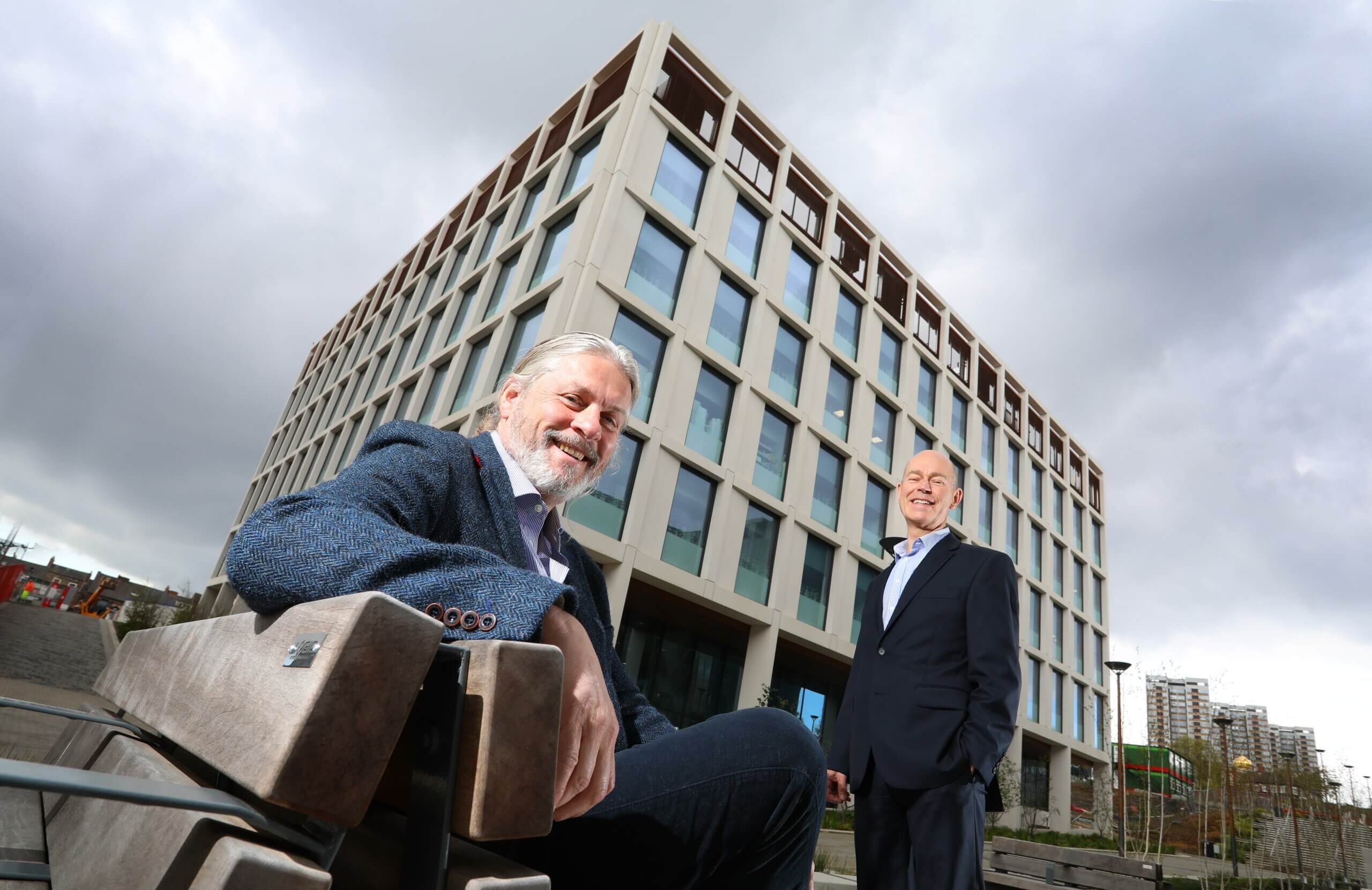A £210m national flagship science and healthcare project, to be delivered from the North East of England, has secured initial funding to support development of its ambitious plans.
The Early Diagnostics Institute (EDI) aims to create five early stage diagnostic blood tests, using state-of-the-art machine learning techniques, which will be trialled and rolled out across the NHS.
Early diagnosis of disease often enables more effective patient treatment, and EDI’s vision is to provide powerful early diagnostic capabilities that will save time, money and lives, as well as helping to relieve the significant healthcare pressures of an ageing population.
Uniquely, EDI plans to sell the tests world-wide under the NHS brand, and in turn it expects to bring millions of pounds worth of revenue funding back into the NHS.
Located in and building on existing life science strengths and assets across the North East, EDI will target diseases particularly associated with ageing – primarily cancer, diabetes and dementias. Working in partnership with the North East’s NHS Trusts and Universities, it is proposed that EDI will operate out of facilities in Newcastle and Darlington, with clinical work delivered throughout the region.
Driven by serial life sciences entrepreneur, Will Dracup, the project has already secured significant regional, national and government backing as well as successfully securing initial funding to support proof of principle work. Further bids to regional and national bodies are underway.
EDI Chief Executive Officer, Will Dracup, said: “I am convinced EDI can make a massive difference to healthcare, not just in the UK, but worldwide. Our region is home to many of the country’s leading medical research specialists and doctors and with this pool of expertise and talent on our doorstep it is fitting that EDI aims to become a jewel in the crown of the North East.”
He continued: “EDI will be using state-of-the-art techniques called proteomics and genomics, both to find and to deliver the tests. All tests will use non-invasive blood samples. The combined strengths of studying both DNA and protein will enable optimal test
development, giving both the sensitivity and the specificity needed for early detection and tracking of disease in blood samples.”
EDI, which is applying for a £210 million grant from the Government’s ARIA, Grand Challenge and levelling up funds, has received first stage endorsement in the form of a £50k grant from the Government’s Local Growth Fund, through the North East Local Enterprise Partnership (LEP). The Local Growth Fund is supporting major capital investments to promote innovation, economic and skills infrastructure and sustainable transport as part of the North East Growth Deal.
Andrew Moffat, CBE, Chair of the Investment Board at the North East Local Enterprise Partnership, said: “Health and life sciences is one of the four areas of strategic importance identified in the North East Strategic Economic Plan in recognition of its ability to grow the region’s economy and create more and better jobs.
“The Early Diagnostics Institute (EDI) will be an important addition to the existing world- class facilities on offer in the North East and help drive further investment in the region’s health and life sciences sector.
“Earlier this year the North East LEP launched its strategy to double the number of jobs in the health and life sciences sector from 12,000 to 24,000 by 2030, and double the number of active businesses in the sector from 150 to 300. The investment from the Local Growth Fund in the Early Diagnostics Institute (EDI) demonstrates the LEP’s commitment to grow the sector and establish the North East as one of the leading destinations for health and life sciences in the world.”
Professor Vikki Rand, lead of Biosciences Research at the National Horizons Centre at Teesside University, commented: “The EDI is an exciting opportunity for the region with Universities and NHS Trusts working in partnership towards improving early diagnosis of diseases. We share the vision of EDI at the National Horizons Centre, where our goals are to discover diseases earlier, develop novel treatments and deliver life-saving medicines to those in need quicker, safer and more affordably.”
Sir John Burn, Professor of Clinical Genetics at Newcastle University, added: “Early Diagnostics Institute’s proven expertise in proteomics provides an excellent base for an imaginative programme aimed at more effective and efficient identification of disease. My own research efforts are focused on my considerable experience in the molecular diagnostics field, but I have no doubt that we will need a broader, multi-faceted approach combining all available parameters if we are to make significant headway, which I believe Early Diagnostics Institute can deliver on.”
It is understood that EDI has already attracted interest from Darlington’s The National Horizons Centre, Durham Tees Valley Research Alliance and the region’s major universities.



